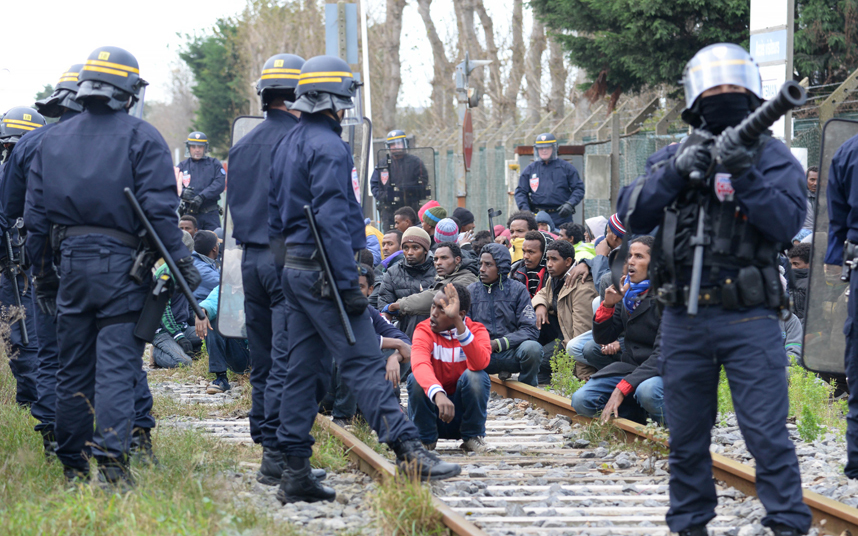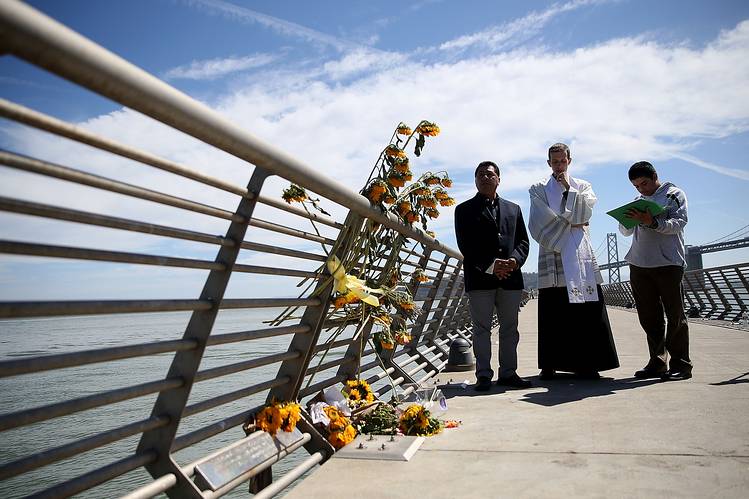(Originally posted in August 2014. I think the current situation in Europe makes it appropriate for a rerun)
Menace in Europe: Why the Continent’s Crisis Is America’s, Too by Claire Berlinski
—-
I read this book shortly after it came out in 2006, and just re-read it in the light of the anti-Semitic ranting and violence which is now ranging across Europe. It is an important book, deserving of a wide readership.
The author’s preferred title was “Blackmailed by History,” but the publisher insisted on “Menace.” Whatever the title, the book is informative, thought-provoking, and disturbing. Berlinski is good at melding philosophical thinking with direct observation. She holds a doctorate in international relations from Oxford, and has lived and worked in Britain, France, and Turkey, among other countries. (Dr Berlinski, may I call you Claire?)
The book’s dark tour of Europe begins in the Netherlands, where the murder of film director Theo van Gogh by a radical Muslim upset at the content of a film was quickly followed by the cancellation of that movie’s planned appearance at a film festival–and where an artist’s street mural with the legend “Thou Shalt Not Kill” was destroyed by order of the mayor of Rotterdam, eager to avoid giving offense to Muslims. (“Self-Extinguishing Tolerance” is the title of the chapter on Holland.) Claire moves on to Britain and analyzes the reasons why Muslim immigrants there have much higher unemployment and lower levels of assimilation than do Muslim immigrants to the US, and also discusses the unhinged levels of anti-Americanism that she finds among British elites. (Novelist Margaret Drabble: “My anti-Americanism has become almost uncontrollable. It has possessed me, like a disease. It rises up in my throat like acid reflux…”) While there has always been a certain amount of anti-Americanism in Britain, the author notes that “traditionally, Britain’s anti-American elites have been vocal, but they have generally been marginalized as chattering donkeys” but that now, with 1.6 million Muslim immigrants in Britain (more worshippers at mosques than at the Church of England), the impact of these anti-Americans can be greatly amplified. (Today, there are apparently more British Muslims fighting for ISIS than serving in the British armed forces.)
One of the book’s most interesting chapters is centered around the French farmer and anti-globalization leader Jose Bove, whose philosophy Berlinski summarizes as “crop worship”….”European men and women still confront the same existential questions, the same suffering as everyone who has ever been born. They are suspicious now of the Church and of grand political ideologies, but they nonetheless yearn for the transcendent. And so they worship other things–crops, for example, which certain Europeans, like certain tribal animists, have come to regard with superstitious awe.”
The title of this chapter is “Black-Market Religion: The Nine Lives of Jose Bove,” and Berlinski sees the current Jose Bove as merely one in a long line of historical figures who hawked similar ideologies. They range from a man of unknown name born in Bourges circa AD 560, to Talchem of Antwerp in 1112, through Hans the Piper of Niklashausen in the late 1400s, and on to the “dreamy, gentle, and lunatic Cathars” of Languedoc and finally to Jean-Jacques Rousseau. Berlinski sees all these people as being basically Christian heretics, with multiple factors in common. They tend appeal to those whose status or economic position is threatened, and to link the economic anxieties of their followers with spiritual ones. Quite a few of them have been hermits at some stage in their lives. Most of them have been strongly anti-Semitic. And many of the “Boves” have been concerned deeply with purity…Bove coined the neologism malbouffe, which according to Google Translate means “junk food,” but Berlinski says that translation “does not capture the full horror of bad bouffe, with its intimation of contamination, pollution, poison.” She observes that “the passionate terror of malbouffe–well founded or not–is also no accident; it recalls the fanatic religious and ritualistic search for purity of the Middle Ages, ethnic purity included. The fear of poisoning was widespread among the millenarians…” (See also this interesting piece on environmentalist ritualism as a means of coping with anxiety and perceived disorder.)


